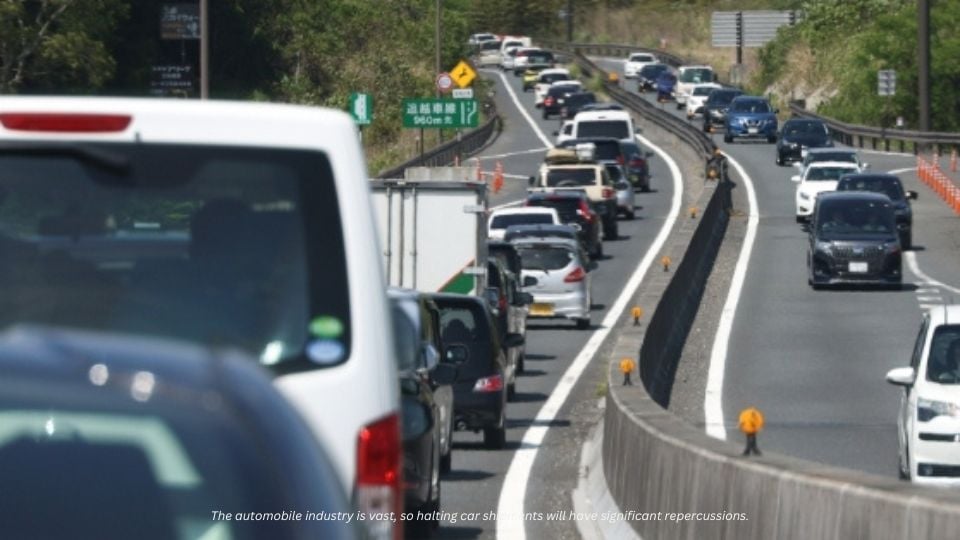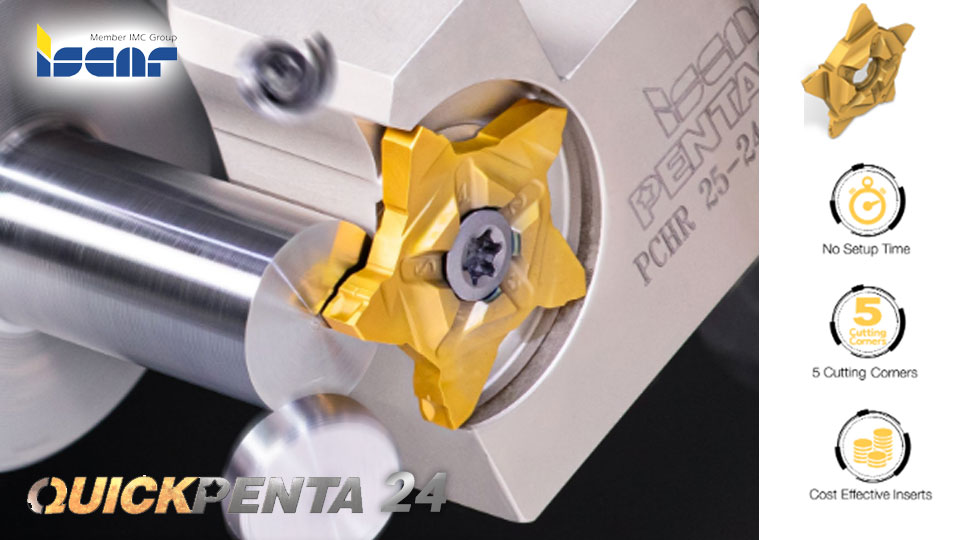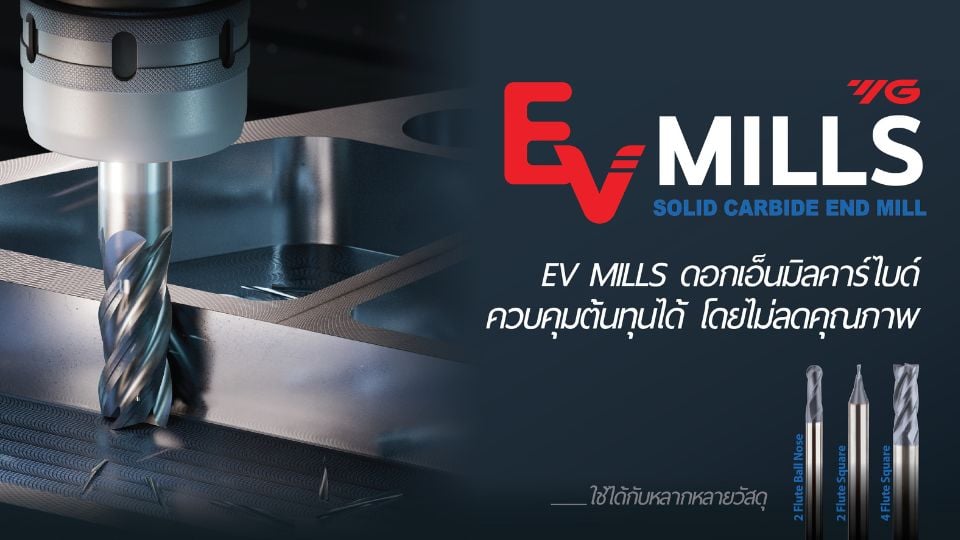
Car Certification Fraud Exposes Industry Systemic Issues
Fraud in automobile-type approvals applications is sending ripples through the industry. The incident, which began at Daihatsu Motor has spread to five domestic passenger car manufacturers in Japan, including Toyota Motor, Honda Motor, and Mazda Motor, with fraud confirmed in a total of 38 vehicle models.
The Japanese government has instructed the three companies involved in the fraudulent practices to stop shipping the affected models. Suppliers are rushing to check the situation, including the impact on their business. As the development competition with overseas companies such as China intensifies, some are pointing out the nature of the system.
Short Development Period
“I realized how difficult manufacturing is. I felt that we needed to find out why this had happened even at Toyota,” the head of an auto parts manufacturer in the Chubu region responded. Regarding the suspension of shipments of the affected models where fraud was discovered, he said, “I think it will only have a temporary impact domestically. There is a high possibility that it will have an indirect impact on exports, local production, etc.”
An executive at a parts manufacturer in the Kanto region of Japan expressed concern, saying, “We’re shocked and take it seriously. At a time when the coronavirus pandemic and semiconductor issues have eased and there have been optimistic signs of increased production, this will become a new factor that makes the outlook uncertain. If the production and shipping suspensions are prolonged, there will surely be an impact.” An executive at a parts manufacturer in western Japan also expressed concern, saying, “We were told yesterday by an automaker that shipments and production will be halted. There is no prospect of resuming production, and production plans are blank. We want to know how long the suspension will last.”
Although there were no safety issues in this fraud case, the problem was that it violated rules set by the government. The reasons behind this include increased workload and more complicated processes due to intensifying development competition. “In the domestic market, short-term development is required from a sales perspective. Like overseas manufacturers, they will have to take their time to develop cars that will sell for a long time,” said an executive at a supplier in western Japan.
An executive at a parts manufacturer in the Tokyo metropolitan area pointed out, “When you work with Chinese automakers, the spread is so fast. We need to work together with the OEMs (original equipment manufacturers) and the government to come up with a compromise that shortens development times and guarantees quality.”
On June 4th, the Japan Automobile Manufacturers Association (JAMA) announced in response to the discovery of fraud at a member company that it takes this very seriously as a fundamental issue in automobile manufacturing that affects the safety and security of customers, and that it will thoroughly promote the resolution of the fraud issue. To regain the trust of suppliers, automakers are required to take effective measures to prevent recurrence.
This is how I see it
“Industry Competitiveness Perspective” is also necessary – Takaki Nakanishi, CEO and analyst at Nakanishi Automotive Industry Research
Car manufacturers must work to restore consumer trust by addressing the breach of trust from consumers who expect a company to abide by the rules. This incident was not malicious, such as an organized cover-up, and so the type approval will not be revoked at this time. The number of models that will be suspended is limited, and it is believed that there will be little impact on the economy. However, this is not acceptable. It is a mistake to think that the certification system is to blame. At the press conference held by the car manufacturer on the 3rd, a logic convenient for engineers was presented that data from tests conducted under stricter conditions than the regulations can be used instead, but this is not the case. For example, Europe brings in outside eyes and does not allow for the decision to be left to the manufacturers. It is necessary to evolve the certification system to fit the times, not only from the perspective of the user but also from the perspective of industrial competitiveness.
#Toyota #Daihatsu #Honda #แบรนด์ญี่ปุ่น #QualityProblem #Mreport #ThailandIndustryNews
Source: Nikkan Kogyo Shimbun






